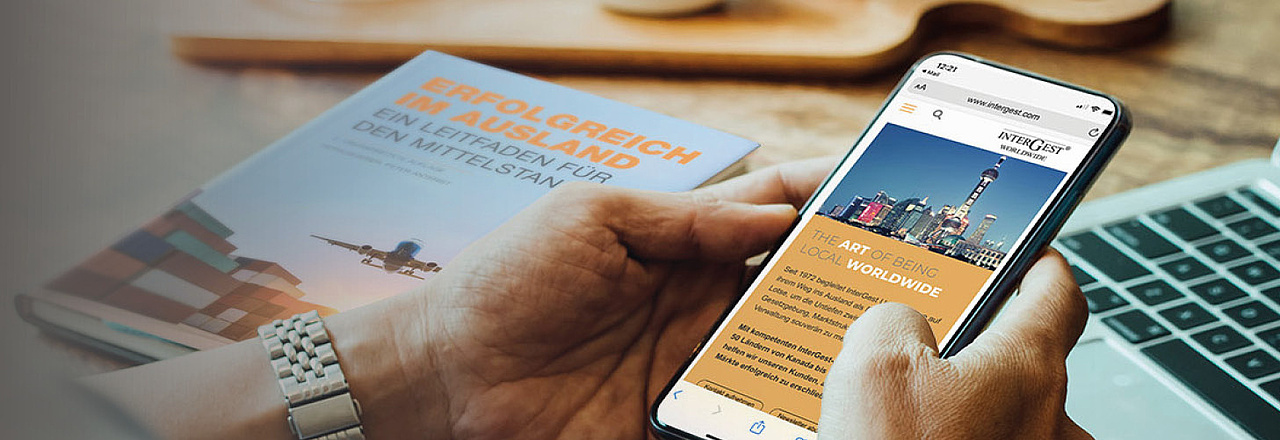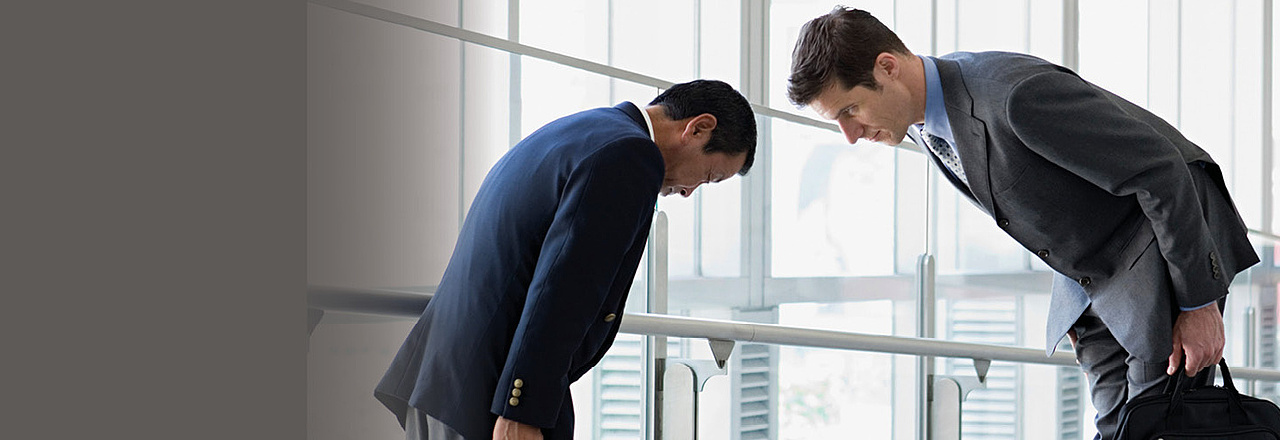An exciting trip to Dubai, Muscat, Riyadh and Manama
Since Saudi Arabia opted for an opening strategy in 2019 and is now consistently implementing it, the importance of the markets in the Middle East has changed dramatically once again: reason enough for us, or rather me, to travel there to experience the current situation at first hand.
Firstly, we travelled to Dubai, where InterGest has been very successfully represented since 2006 with Holger Ochs as a partner. Dubai, the United Arab Emirates, is familiar to most people and needs little explanation. What is new, however, is that since 1 June 2023, companies in the UAE have to pay corporate tax of 9%. Of course, this percentage is not very high, but it does mean that companies now have to prepare a tax balance sheet, which significantly increases the administrative burden.
You can find more information about the United Arab Emirates location here or contact Holger Ochs directly by e-mail.
The capital of Oman, Muscat, is just a 35-minute flight from Dubai. There are just as few skyscrapers here as there are massive land reclamations in the shape of palm trees; the country has a rather down-to-earth, unglamourous feel - not for influencers.
It takes a little while to realise the full potential of this country: the still considerable reserves of oil and gas give it the financial freedom to develop independently. And so the country's future is to lie in CO2-neutral technologies. Oman is one of the few countries in the world with enough sun and wind to become the world market leader for green hydrogen. This goal is firmly in the focus of Oman and the inhabitants of this beautiful country radiate the optimism to match.
Here you can find out more about Oman as a business location and our partner Dr Lilian Akkouch will be happy to answer your questions at any time.
Our journey through the Gulf region took us on to Riyadh, the capital of Saudi Arabia. Here, in the middle of the desert, almost 7.7 million people live largely cut off from the rest of the world until 2019, under the eyes of strict Sharia law: veiled women without the right to vote and without the right to drive a car - this image was still in my head when I first set foot on Saudi soil.
Since Crown Prince Mohammed bin Salman began to change the country in 2018, the reforms and future projects have not been moving fast enough. Mega projects such as "The Line" - a 170-kilometre-long ribbon city building that is supposed to do without cars, roads and carbon dioxide emissions - seem to have come straight out of a science fiction novel, and it's hard to stop marvelling.
In just four years, the now 38-year-old crown prince has taken the country to another dimension and made it highly attractive to investors from all over the world.
We have already signed a franchise agreement with our partners Uwe Kleer and Dr Lilian Akkouch in order to be able to offer our services to our clients in this incredibly exciting market in a timely manner, so that InterGest Saudi Arabia can be founded.
If you are interested in the strongest economy in the Arabian Gulf, Dr Lilian Akkouch and Uwe Kleer will be happy to answer your initial questions.
Last but not least, our trip took us to Manama, the capital of Bahrain. Not because I'm such a big Formula 1 fan, but out of curiosity as to why such a small country between the big players like the UAE and Saudi Arabia can develop quite remarkably. To give you a size comparison: At 786 square kilometres, the island of Bahrain is roughly the same size as Hamburg, but with 400,000 fewer inhabitants, effectively the Lichtenstein of the Middle East*.
For many years, Bahrain has not only been a financial centre, comparable perhaps to Luxembourg, but also - thanks to the bridge to Saudi Arabia opened in 1986 - a retreat for Saudis, who bring a lot of money into the small Gulf state, especially at weekends. It remains to be seen to what extent the further opening of Saudi Arabia will influence this status.
After 10 days in the Arabian Gulf, it can be summarised that this region should not be missing from any internationally oriented company's portfolio. Whether UAE, Oman or Saudi Arabia, we are happy to advise and support you in your endeavours.
* WOULD YOU HAVE KNOWN?
We speak of the "Middle East" in German, whereas in English we speak of the "Near East", even though the same region is meant. Obviously, geography is also a question of perspective: For some, the East begins on the other side of the English Channel, for others it only starts at Poland...





